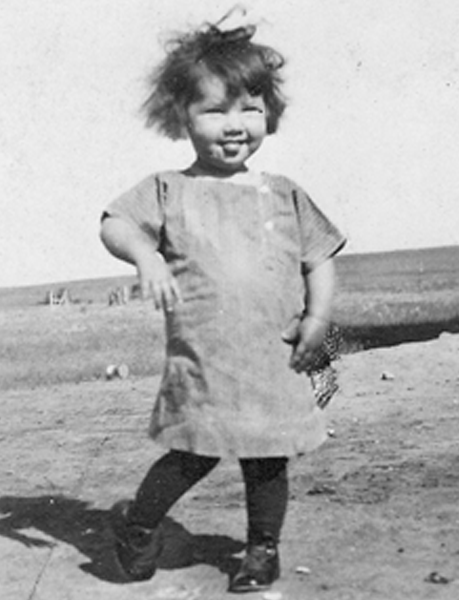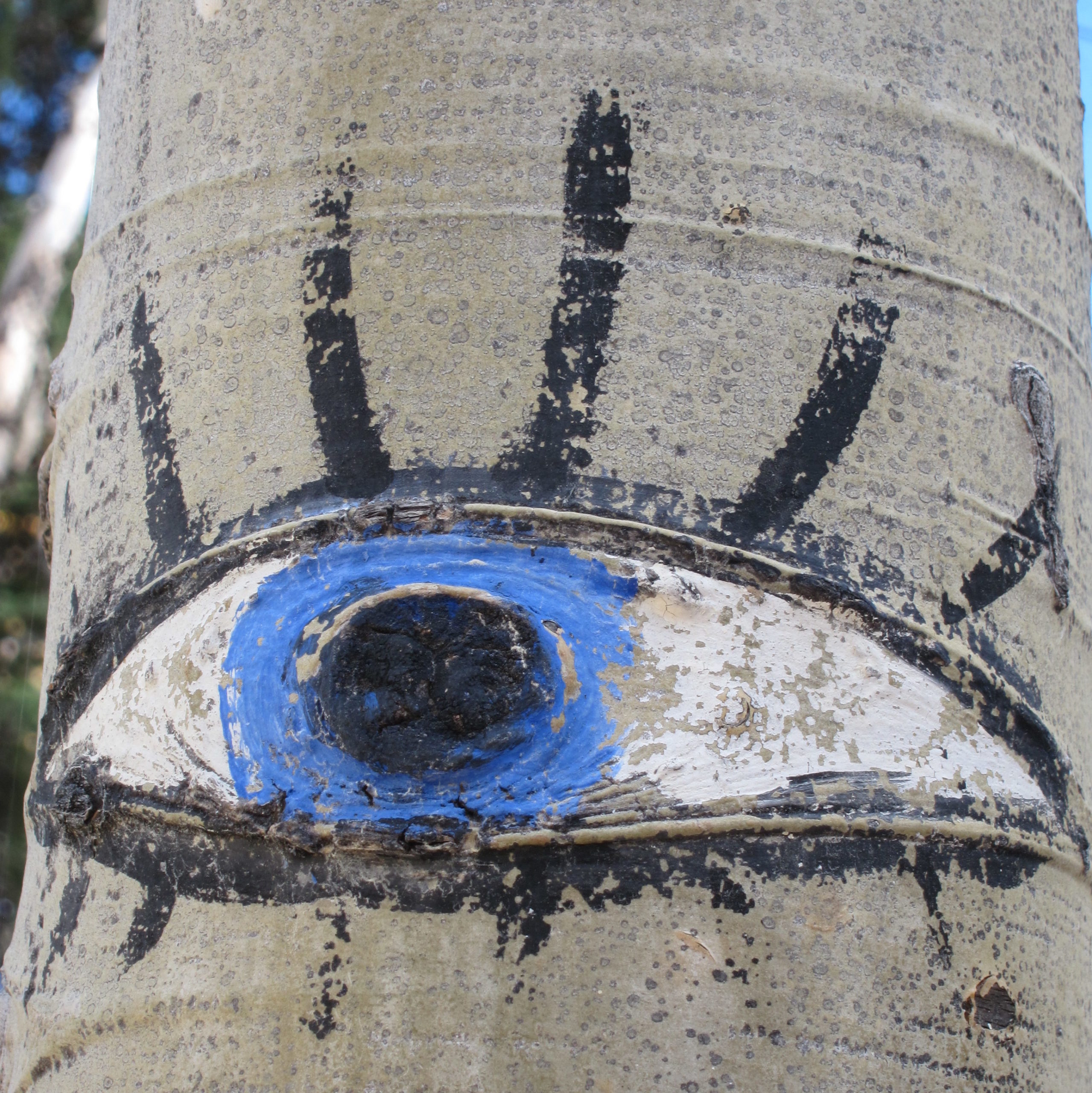

At 104 years young and with a twinkle in her eye, Winnie Arhelger left us on March 31, 2021. Her soft humor had us laughing when, in the last week of her life, she was teased about how much time she was sleeping. She answered, “What else is there to do? I don’t smoke!”
Winniefred Esther Eastlund Arhelger entered this world on June 16, 1916, in Harlem, Montana. The second of Eric and Esther’s eight children, she spent her early years with her dry-land farming family on the Fort Belknap Indian Reservation. Ordered off the reservation in 1919, Eric abandoned farming for steel work, and the ever-growing family moved with him from state to state and job to job as each successive bridge was built. All this relocation meant that Winnie attended 22 different schools, leaving gaps in her formal education. By 1929 the family was too large to keep moving, and so they settled in West Allis, Wisconsin.
On Valentine’s Day in 1941 she met her future husband, Wayne, at the YMCA Biking Club and they married in 1942. For their honeymoon they biked in the Smoky Mountains.
During the war, Wayne became a conscientious objector, and was sent to a Civilian Public Service camp in Williston, North Dakota. Winnie followed him there and found an apartment and a job in nearby Trenton. When her landlord and employer discovered that Wayne was a CO and not a government employee, she lost both her job and a place to live.
In Brookfield, starting in 1952, Winnie and Wayne designed and began building their fieldstone house, mostly by themselves. Winnie remained there, virtually independent, throughout her elder years.
While building the house in Brookfield, and caring for her three children, Winnie pursued her interest in education, both working to establish a local library and as a school board member for the grammar school. When her youngest turned 7, she shifted gears and rejoined the workforce as a seamstress in order to save for her children’s education.
In her retirement years Winnie finally had the time and resources to overcome her inconsistent schooling and became a self-taught woman in many areas: she learned Swedish to help with her genealogy research, took portrait classes to learn to draw, became a quilter, and joined a writing group to develop her life stories. She researched and wrote about the colorful saga of her great-grandfather, Moses Solomon, a notorious trading post frontiersman.
Always curious, she investigated the big questions in life, as well as exploring common-sense how-to problems. Winnie was phenomenally skilled at repurposing all manner of objects; her life-long mantra was “I can do something with that.” She left us all with a myriad of treasures, both artistic and practical.
Besides being a peace advocate, Winnie was a vegetarian the last 90 years of her life. Her final question, “Where is home?” hinted at the existential questions she contemplated her entire life.
Fostering education even in death, she graciously overcame her lifelong modesty and donated her body to the Wisconsin Medical College. Her last lessons for her children were how to be kind, humorous, and unafraid in the face of a certain end.
In addition to her three children, Winnie leaves behind many well-loved family members and friends— too many to mention. She was also revered by her caregivers, to whom her children owe much gratitude and thanks.
